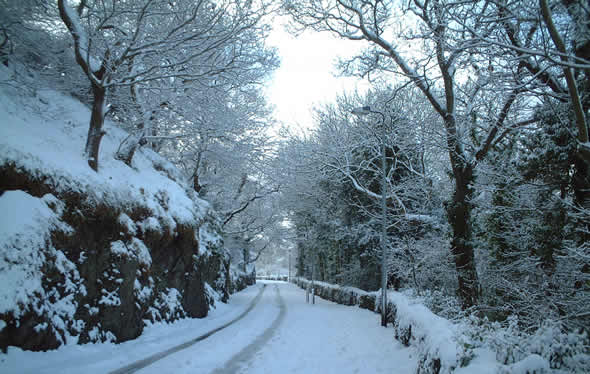During a conversation with a Chinese friend yesterday neither of us could think of the Mandarin word for hedge or thistle, among others, so I thought I’d look it up.
There appear to be a number of words for hedge in Mandarin:
– 栵 (lì) – hedge
– 藩籬 [藩篱] (fānlí) – hedge / fence; line of defence / barrier
– 樹籬 [树篱] (shùlí) – quickset hedge*
– 籬垣 [篱垣] (líyuán) – fence / hedge
– 柵籬 [栅篱] (zhàlí) – hedgerow
If you want to talk about hedge funds though, there’s 私募基金 (sīmùjījīn) or 對衝基金 (duìchōngjījīn), and a hedgehog is 猬 (wei).
From: MDBG Chinese-English Dictionary
*a quickset hedge is a type of hedge created by planting live hazel or whitethorn (common hawthorn) cuttings directly into the earth. Once planted, these cuttings root and form new plants, creating a dense barrier [source].
So I’m still not sure which word to use for the hedge in my garden (a privet hedge), probably 栵 or 藩籬. This is the kind of thing you often have to deal with when translating.
The English word hedge comes from the Old English *hęcg, hęgg from the Germanic *hagjâ.
The Mandarin for thistle is 荼 (tú), which also means common sowthistle (Sonchus oleraceus) / bitter (taste) / cruel / flowering grass in profusion [source]. The English word thistle comes from the Old English þistil, from the Old Germanic *þīstil.

